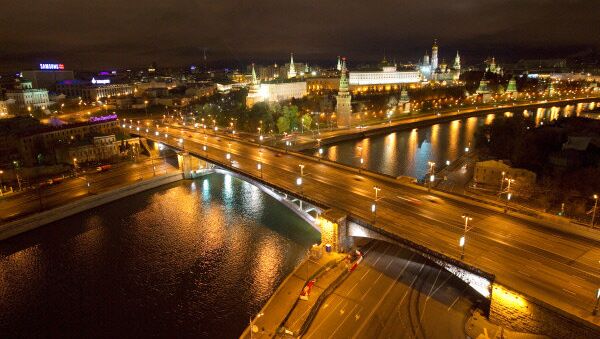WASHINGTON, June 10 (RIA Novosti) – Russia’s new law requiring some nongovernmental organizations (NGOs) to register as foreign agents could have a “chilling” effect on vital sociological and scholarly research, a US-based nonprofit research organization has warned.
“This does introduce the question about whether collaborations between the Russian scholarly community and researchers abroad can really continue," Stephen Hanson, president-elect of the Association for Slavic, East European and Eurasian Studies (ASEEES), was quoted as saying by the Inside Higher Ed website.
ASEEES says the Moscow-based Levada Analytical Center, a non-governmental organization that conducts sociological research, has been deemed by Russian prosecutors to be conducting political activity and is threatened with closure under the new law.
“To categorize survey research as ‘political activity’ is to label all scholarly research on society as ‘political activity’, negating the possibility of independent, objective and nonpartisan research,” ASEES said in a letter its members sent to the Russian Ambassador to the United States, Sergey Kislyak.
“The members of our Association pursue their study of the Russian, Eurasian, and Eastern European region in the spirit of science and intellectual inquiry. They accept research funding from sources in their own countries and in others, and no democratic government has so far considered them to be agents of foreign influence on these grounds,” the letter said.
In the letter, ASEES members also said the “foreign agent” label “sends a chilling message to scholars everywhere” and evokes “memories of suspicion and repression.”
The nonprofit American Historical Association, which has endorsed the letter, said the Russian government’s moves “will in all likelihood inhibit the research agendas of Russian scholars in a variety of disciplines.”
The Russian Embassy in Washington did not respond to RIA Novosti’s request for comment.
The new law, which went into effect in March, requires NGOs to register as foreign agents if they receive money from foreign sources and are found to be engaging in political activity.




